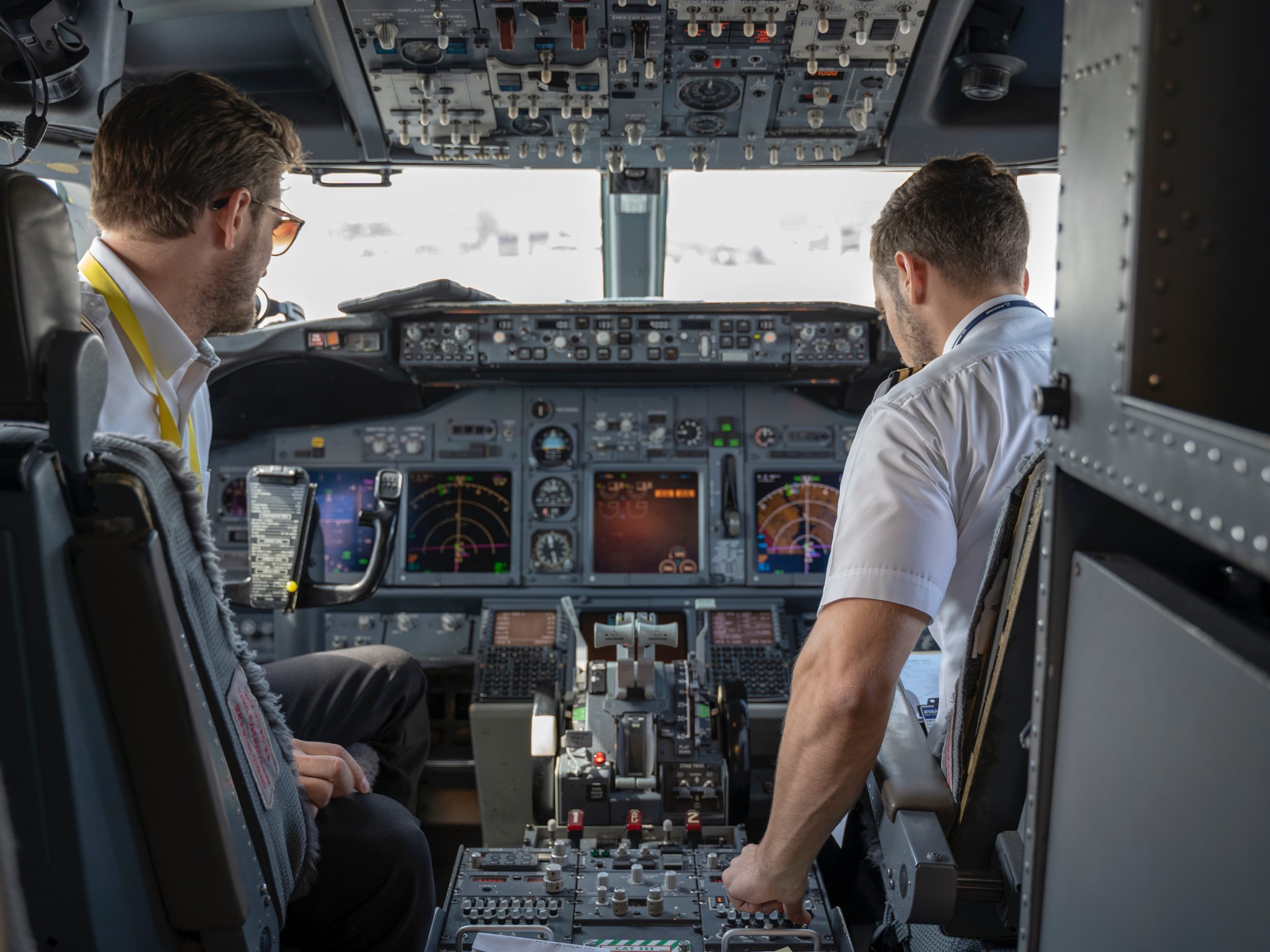No one wants to hire bad candidates. But sometimes, talent is hard to find. So how do you know if the aerospace engineer you are hiring will succeed on your team? Recruiting candidates for aerospace projects can be difficult because of the high specialization needed for this industry.
It is important to have an interview process that will help you quickly weed out bad candidates when recruiting engineers.
These 6 tips will help you determine if the best candidates are interested in working at your facility.
1. Use an interview team to evaluate applicants
It is important to have a strong team of interviewers when screening aerospace candidates. This way, your organization will not miss important information from the interview process. However, an interview team does not have to consist of people from the same department. You can have all sorts of people come together for one large team, including engineers in architecture, technicians, and even the CEO.
This is important because you may be trying out a certain new process in the interview process. By using a diverse interview team, your organization will get valuable opinions at different stages of the process.
2. Ask the right questions
The goal of asking questions during an interview is to see how well the candidate can answer your questions. However, there are certain questions that you should be asking during the hiring process. It is important to ask basic questions such as “what do you know about our company?” and “why do you want to work here?” These questions will help you get an idea of what kind of person is considering your position.
If the person is interested in working for your organization, they should easily answer these questions. If there is a problem, the person should give you a logical explanation for the problem they are experiencing.
After these questions are answered, you can ask more specific questions about the job duties available with your company. If the applicant mentions something, not in their qualifications, it could mean one of two things: either they do not understand what they need to know for this job or will not perform well once hired.
So it is really important to pay attention to these types of questions and the answers given to you.
3. Be conscious of verbal and nonverbal communication
During an interview, there are several different ways to evaluate the applicant’s communication skills. One of the best ways is to look at how the person stands when speaking to you. People who lean forward with their hands on their hips project confidence, which means they will be great communicators.
Sadly, nervous people will lean back or to the side. This means that they are probably not interested in working for you and that their body language during the interview will not project confidence. Some of these people do not even realize they are doing this.
Another good thing to check is how the person shakes your hand. If they shake your hand firmly but still have a weak grip, then you can assume that they will probably be a weak communicator as well.
4. Be aware of the person’s background
Many interviews start with a short introduction about the candidate’s career history. This is a good time to see what type of work experience the person has had and have received any awards for their work.
However, it is also important to remember that you should never ask about an applicant’s previous employer or their previous job duties without allowing them to give you information on this area first.
5. Staffing agencies can help you find candidates
Many job-seeking websites will match your needs with potential candidates. If you do not have an internal workforce department within your organization, it may be good to use aerospace staffing agencies. This resource is specifically tuned to fulfill the needs of your aviation company by filtering out unqualified candidates as defined by your prerequisites. However, you may still get some good candidates without a staffing agency if you have full oversight of the recruitment process and have peers helping you filter through the talent.
6. Encourage applicants to ask questions of their own
A good candidate will always know what they are applying for and what the job duties entail. Make sure that you allow the candidate to ask questions at the end of the interview to have an idea of their concerns.
The candidate should easily answer your questions about their background and experience with no problem. If there is something that they cannot answer on their own, then this person is probably not going to be a good fit for your company.
Final Thoughts
In conclusion, it is important to remember to treat all candidates with respect and understand that it is human nature for people to want the best. If you are interviewing aerospace candidates, you should be able to use these six tips and find the best engineers for your company.
